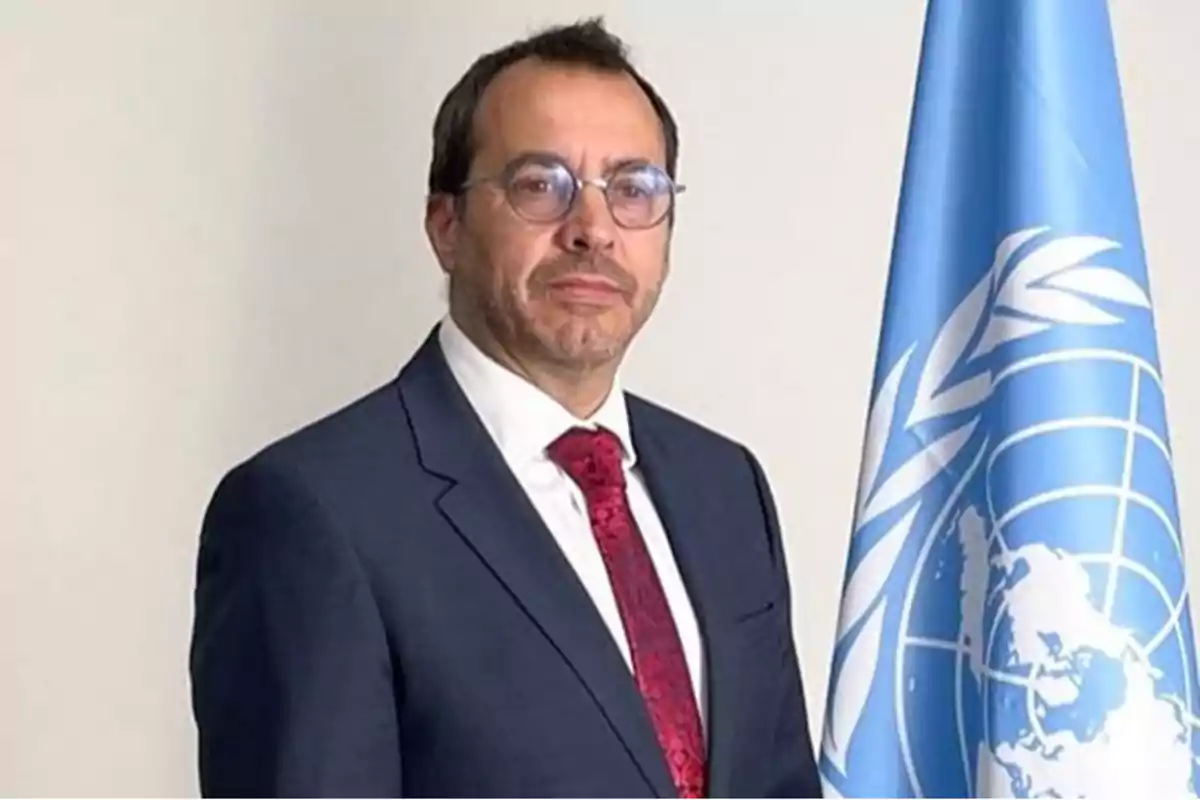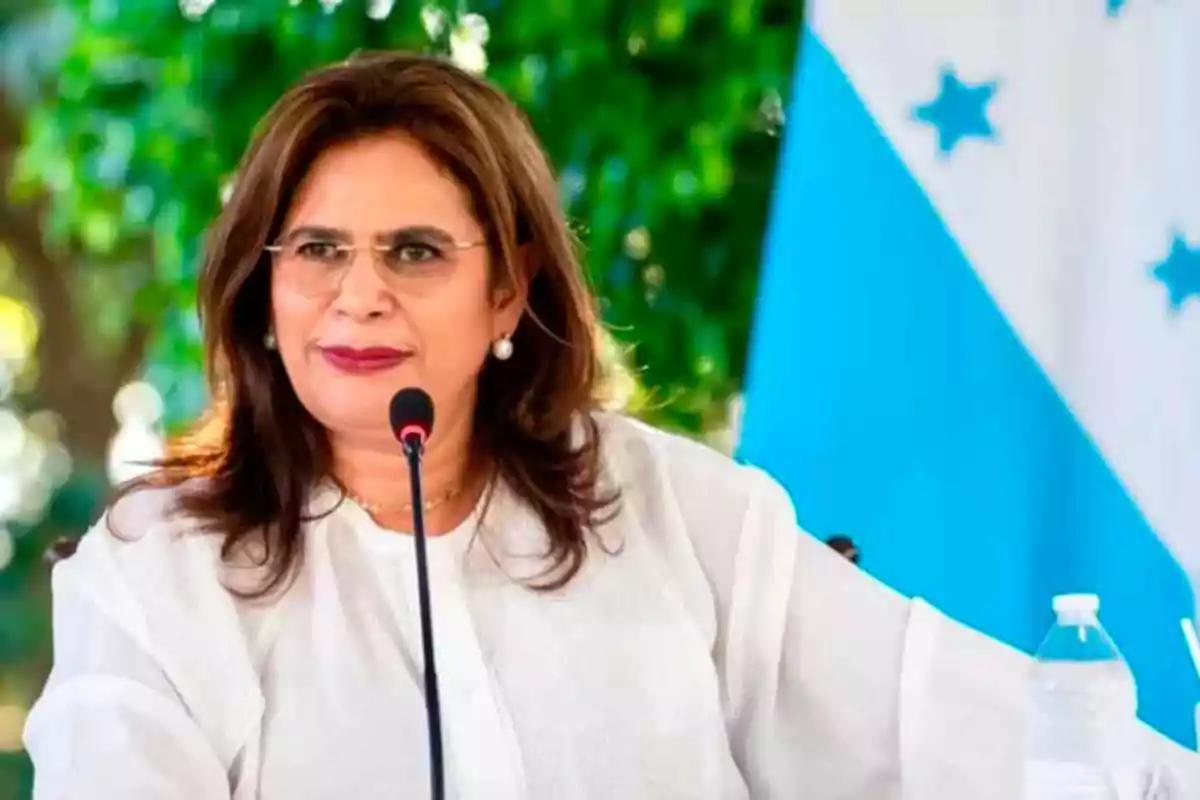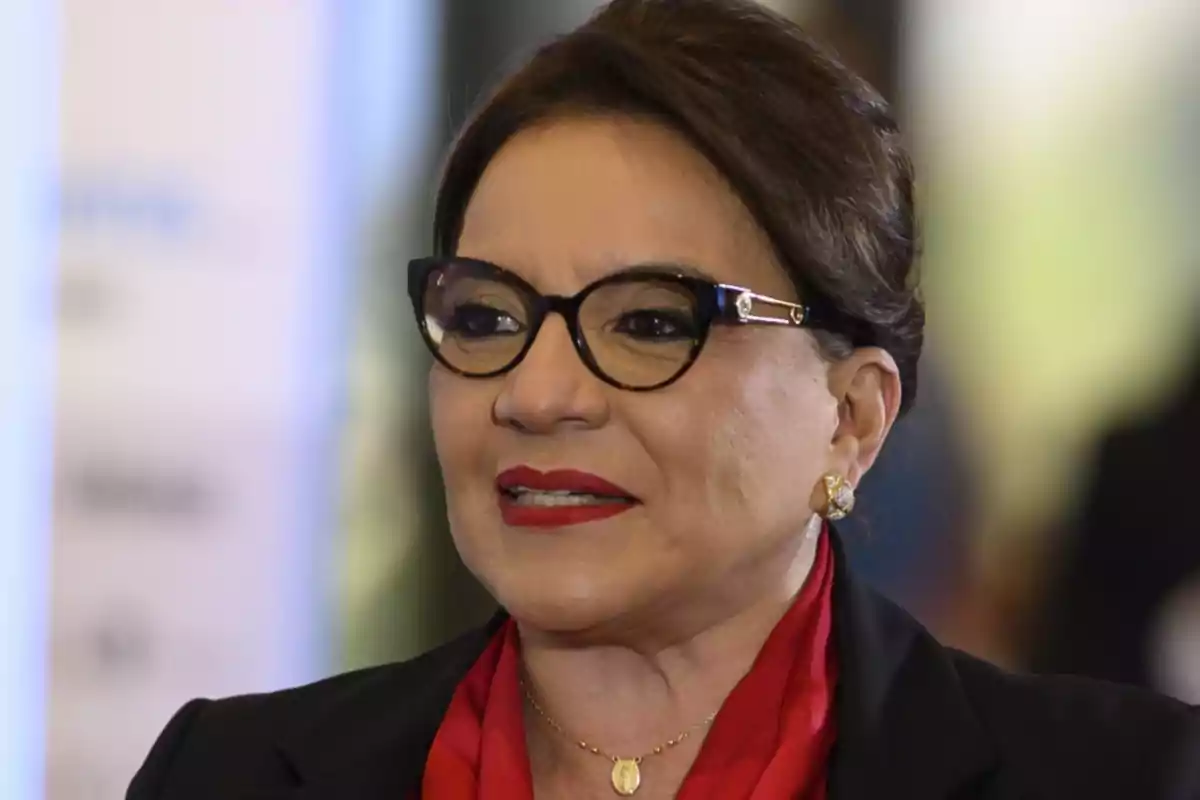
A UN coordinator in Honduras intervened in favor of the communist president
A strong repudiation arose during the electoral campaign in Honduras, following the defense of censorship on social media by a UN official
In the midst of an election year, Honduras remains on edge to find out who will be its next president, a fact that has been completely overshadowed by the disastrous intervention of a United Nations (UN) coordinator through social media in favor of the left and the restriction of freedom of expression.
Alejandro Álvarez, through a video filmed and distributed via YouTube, issued a call to combat "hate speech" and made a ridiculous connection between various comments on social media and examples of different genocides carried out throughout history.
Together with those statements, the UN official also referred to "disinformation" on social media and called for debates with "respect" and "based on ideas" with the aim of safeguarding democracy in the Latin American country.
In November 2025, Honduras will hold general elections after the primaries on March 9, in which the three main parties chose their candidates: Rixi Moncada, former Minister of Defense and figure of the ruling communist party, "LIBRE," Salvador Nasralla, former vice president, and the conservative Nasry Asfura, former mayor of Tegucigalpa.
Un coordinador de la ONU en Honduras intervino a favor de la comunista Xiomara Castro
The primaries were marked by irregularities: delays in the opening of polling stations, lack of materials, and citizen protests. The general campaign, set for November 30, will focus on critical issues: security, economy, corruption, and transparency.
The Liberty and Refoundation Party (Libre), led by Manuel Zelaya and with the presidency of leftist Xiomara Castro since 2022, faces a severe internal crisis after the March 2025 primaries. After numerous accusations of ballot fraud, the "Fuerza de Refundación Popular" movement emerged to represent marginalized party members.
Critical deputies denounced threats, dismissals, and manipulation of candidacies by the leadership, especially Carlos and Mel Zelaya.

Álvarez's statements on behalf of the United Nations have only deepened criticism and speculation about irregularities in the primary elections.
Xiomara Castro's government in Honduras has been widely criticized for its inefficient management, lack of transparency, and unfulfilled promises. Although she came to power with a message of change and a fight against corruption, her administration has faced strong accusations of nepotism, authoritarianism, and mismanagement of public resources.
The economy remains stagnant, insecurity persists, and no effective policies have been implemented to improve education or health. Furthermore, her closeness to authoritarian leftist regimes and her lack of openness to dialogue have caused distrust both nationally and internationally.
Many citizens have expressed frustration at the lack of tangible results and perceive that the government has prioritized partisan interests over the well-being of the people.

More posts: